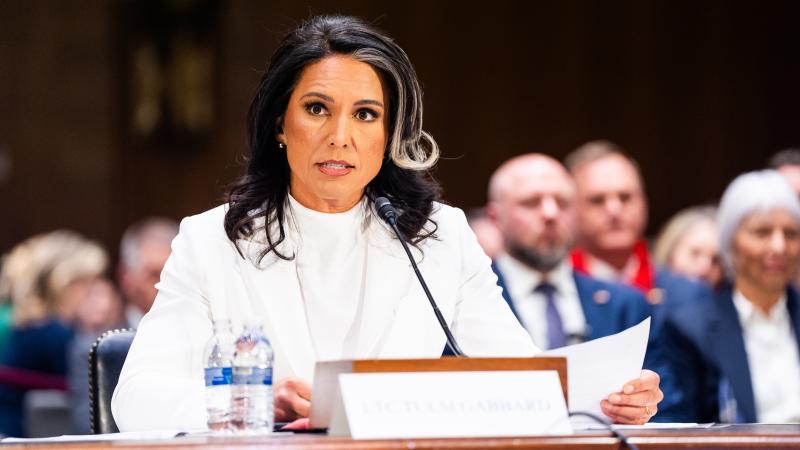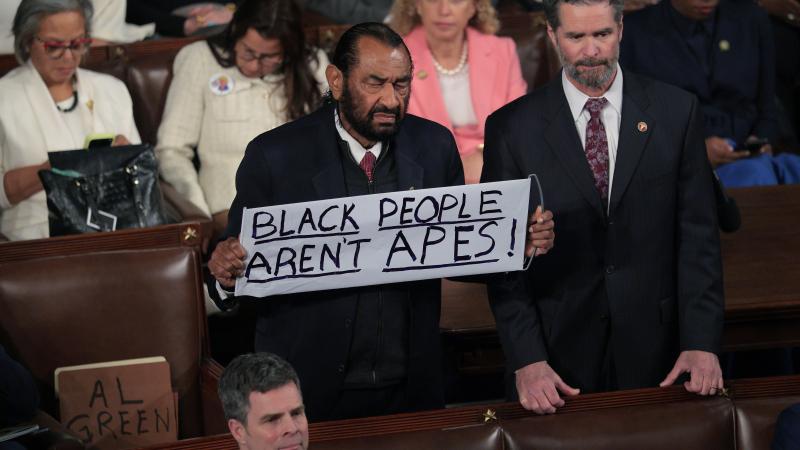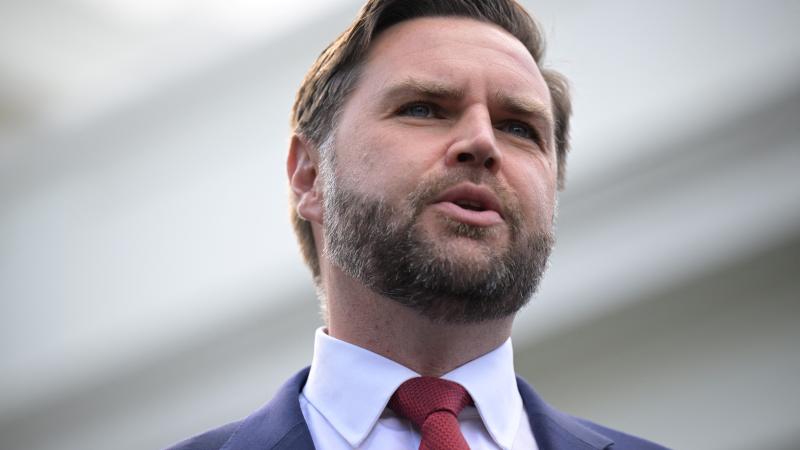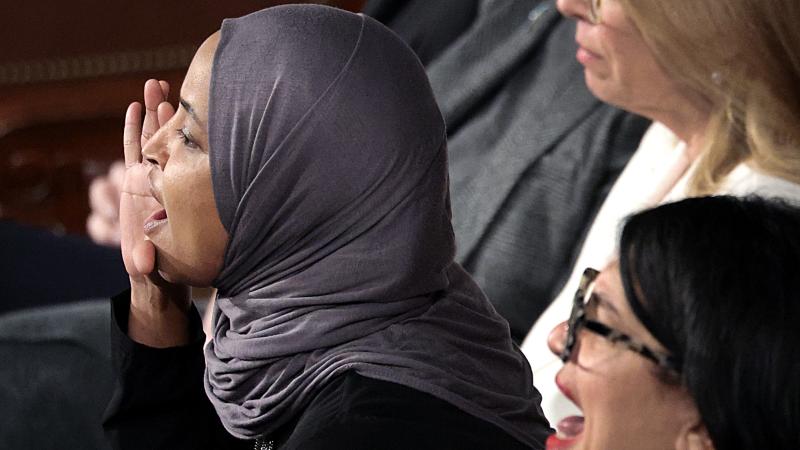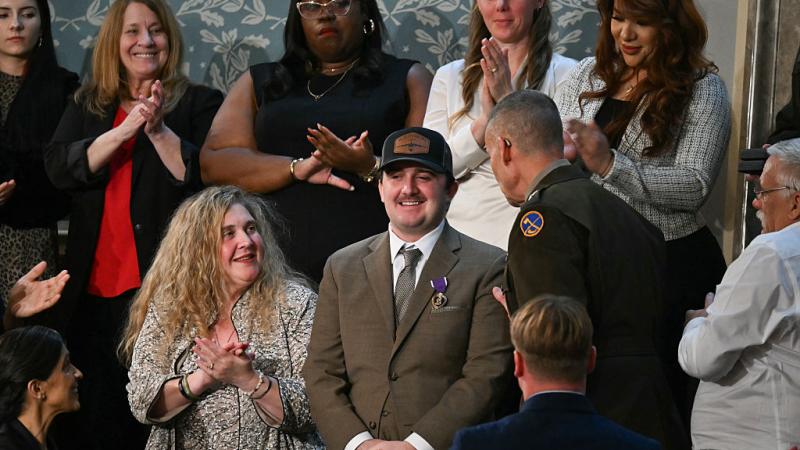Mom sues school district to open antiracism meetings, as stifled dissenters gain wins over educrats
Pennsylvania school district pays steep price for censoring public comments at board meetings. Another Rhode Island teacher declares victory over alleged retaliation for exposing CRT-influenced lessons.
The Rhode Island mother who got herself sued by teachers unions for trying to shine a light on public school curricula is now waging her own legal fight for public access to "secret meetings" about "equity" for students who are black, indigenous and people of color (BIPOC).
Nicole Solas filed an Open Meetings Act (OMA) lawsuit Wednesday against the South Kingstown School Committee and its BIPOC Advisory Committee, which refused to let her attend its meetings where "district policies regarding curriculum, hiring, discipline, and accountability" where discussed, according to her lawyers at the Goldwater Institute.
It's the latest challenge to a government body allegedly outsourcing its work to evade legal obligations.
Louisiana and Missouri attorneys general updated their lawsuit against federal authorities' alleged collusion with Big Tech this week, adding censored doctors as plaintiffs and additional federal officials as defendants based on newly disclosed CDC and Department of Homeland Security documents.
Rhode Island Attorney General Peter Neronha investigated Solas' complaint but eventually decided the advisory committee is not a "public body" because it "only makes suggestions and does not have authority over implementing its suggestions."
He distinguished it from the governor's Emergency Hiring Council that had "veto power" over state decisions, which the Rhode Island Supreme Court deemed a public body in a successful legal challenge by Solas' late father Gregory.
In a May 10 letter to Solas and the counsel for the school district, Neronha argued it's not enough that the school district created the committee, that some of its members also serve on the district's policy subcommittee — whose recommendations can be implemented— or that the district paid Nonviolent Schools RI to run 25 regularly scheduled meetings.
Solas is seeking a superior court determination that the advisory committee's "meetings, minutes, actions, and other activities" are public, but also asking to void actions taken by the committee or the district in response to its recommendations because it met secretly.
It's irrelevant whether the committee "possesses decision-making power" because it meets all five tests under the OMA, including the participation of public officials, the suit says. Solas asked for $5,000 civil fines on the district, advisory committee and each member of both. She included more than 100 pages of exhibits.
The Goldwater Institute noted school districts in Kentucky, Colorado and Arizona also allegedly evaded legal obligations by requiring masks during school board meetings, secretly meeting to fire a superintendent, and silencing public comment.
Restricting public participation in public meetings can be costly. A Philadelphia-area school district recently paid $300,000 in attorney's fees — and symbolic payments of $17.91 to individual plaintiffs — to settle a lawsuit for prohibiting "offensive," "intolerant," "verbally abusive" or "irrelevant" language at board meetings and requiring speakers to announce their addresses.
A federal judge had issued a preliminary injunction against the Pennsbury School District last fall for editing out racist "dog whistles" from a meeting video, shutting down public commenters for criticizing its equity program, and potentially chilling speakers by bringing in law enforcement.
School officials were facing potential personal liability for unconstitutional actions when the district settled with the Institute for Free Speech, which represented community members. The public interest law firm said the district rewrote its public comment policy, abolished its "civility policy" and even fired the law firm that advised the board.
The Goldwater Institute is also defending Solas in the teachers union lawsuit to prevent the release of curriculum and policies related to critical race theory, antiracism, gender theory and children's sexuality. A spokesperson told Just the News a hearing is scheduled for next month.
In a renewed motion for summary judgment last month, the public interest law firm called the lawsuit an "unprecedented attempt to enjoin the statutory public records process" and "textbook strategic lawsuit against public participation" that violates Rhode Island's anti-SLAPP law.
The only remaining question is whether Solas' Access to Public Records Act requests were a "sham." In a June decision rejecting summary judgment, Judge Rekas Sloan cited some APRA requests that "as phrased, appear to be seeking nonpublic records," including hiring records and performance reviews for Assistant Superintendent Ginamarie Masiello.
Because other requests were "carefully phrased in an attempt to specifically exclude 'non-public information,'" the court at this time must view those that weren't so carefully phrased as "objectively baseless," Sloan wrote.
The state and local unions have passed up two opportunities to offer evidence of sham requests or pursue legal discovery to find them, Solas' renewed motion says.
The unions sought to dismiss the case as moot in June, saying the district had since promised not to produce records that "would implicate teacher privacy," but Solas responded that they had known this before filing suit, accusing the unions of trying to evade liability under the anti-SLAPP law.
Another Rhode Island teacher recently announced she prevailed over an allegedly retaliatory "involuntary transfer" to a school where she was "forced to spend a year alone in a windowless empty school basement resource room" waiting for a permanent assignment.
Ramona Bessigner, then a 22-year veteran of public schools, warned last year that Providence schools were creating observable "racial hostility" by teaching the concepts of critical race theory "under the umbrella of Culturally Responsive learning and teaching."
Some of her students, most of whom are nonwhite, started calling her "America" because she's white, and the district started separating white from nonwhite teachers in training.
Writing again in Legal Insurrection last month, Bessinger said the district gave her a "permanent classroom assignment" for the fall days before a scheduled grievance hearing.
"I'll teach universal themes that all children can relate to, my classroom will have characters and poetry free of harmful political activism and full of accuracy," she wrote.
The Facts Inside Our Reporter's Notebook
Documents
Videos
Links
- sued by teachers unions for trying to shine a light
- Open Meetings Act lawsuit
- Goldwater Institute
- First Amendment and Administrative Procedure Act lawsuit
- Peter Neronha investigated Solas's complaint
- successful legal challenge
- 100 pages of exhibits
- paid $300,000 in attorney's fees
- issued a preliminary injunction against the Pennsbury School District
- Institute for Free Speech
- June decision rejecting summary judgment
- Rhode Island teacher recently announced she prevailed
- Providence schools were creating observable "racial hostility"
- separating white from nonwhite teachers in training


